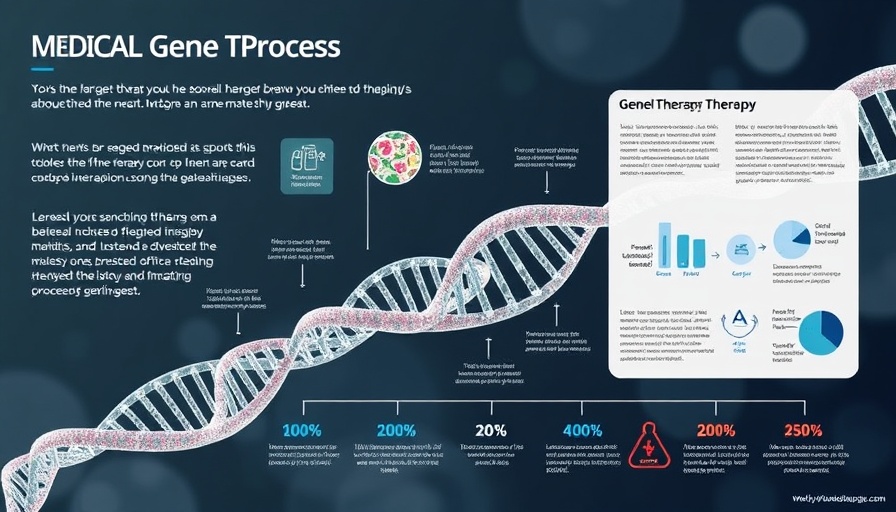
The Dawn of Gene Therapy for Alpha Thalassemia
In a remarkable leap forward, recent advancements in gene therapy are transforming the grim prognosis for infants diagnosed with severe alpha thalassemia into a hopeful narrative. This inherited blood disorder, which severely hampers hemoglobin production, can lead to critical health issues and early mortality if no intervention occurs. A pioneering study spearheaded by Dr. Donald Kohn and his team at UCLA offers a promising solution: a one-time stem cell gene therapy aiming to eradicate the necessity for lifelong blood transfusions.
Decoding Alpha Thalassemia: The Mechanism of a Genetic Disorder
Alpha thalassemia, a complex genetic disorder, results from the absence of crucial genes necessary for hemoglobin synthesis. Affected individuals lack alpha-globin, which is essential for hemoglobin’s proper function, leading to dangerously low blood oxygen levels and a host of severe health challenges that necessitate regular transfusions. Historically, bone marrow transplants have represented a path to potential cure, but they often bring serious complications due to the arduous process of finding a compatible donor.
A One-Time Solution: Innovation in Gene Therapy
The innovative therapy developed at UCLA sidesteps these daunting challenges by employing the patient’s own stem cells. This groundbreaking technique incorporates an alpha-globin gene directly into the patient’s blood cells, aiming to restore normal hemoglobin levels. Through the use of a modified viral vector that transports genetic material into the nucleus of the target cells, researchers are effectively addressing the underlying genetic defect that defines alpha thalassemia.
Life-Changing Outcomes: Research Insights
This revolutionary approach not only bypasses the long-standing predicament of securing compatible donors but significantly mitigates the inherent risks associated with traditional transplantation methods. Initial lab studies show promising results, with modified cells successfully producing functional hemoglobin, suggesting a possible long-term cure for patients battling this life-threatening disorder.
The Broader Impact of This Gene Therapy
The implications of this research extend well beyond alpha thalassemia itself; they could represent a paradigm shift in personalized medicine. Dr. Kohn notes, "By utilizing patients' biological materials for tailored treatments, we could pave the way for the cure of numerous genetic disorders." This has monumental implications for public health, potentially relieving healthcare systems of some burdens and remarkably enhancing the quality of life for countless patients.
Life Beyond Lifelong Treatments: A Future Reimagined
For families confronting the heavy burden of managing chronic therapies, the advent of a one-time treatment option does more than inspire hope; it delineates a credible path forward. This advancement is not merely a testament to the innovative spirit of modern medicine but also underscores the urgent need for continued research in gene therapy. Unlocking further solutions for rare diseases is critical, as the quest for new medical horizons braces for significant breakthroughs for those afflicted with debilitating conditions.
 Add Row
Add Row  Add Element
Add Element 



Write A Comment